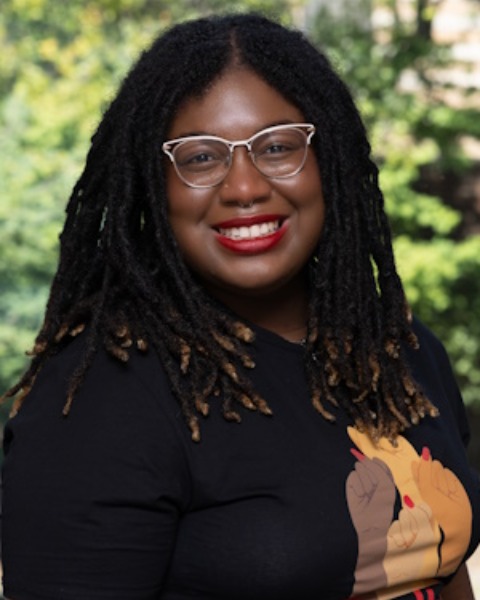Paper Presentation
Higher Education/Non-Profit Leadership
Session: Disability Justice as a Framework for Social Work Education
Cultural and Linguistic Competence in BSW and MSW Students: Implications for Disability Justice

Shantalea Johns, Ed.D, LMSW
Assistant Professor, Clinical
Wayne State University
AeYanna L. Yett, MSW (she/her/hers)
PhD Student
Wayne State University
Presenter(s)
This study examines cultural and linguistic competence in BSW and MSW students, a key factor in effective social work and disability justice. By testing three competing hypotheses, this study evaluates whether education level influences competence, informing training programs that prepare social workers for culturally responsive and inclusive practice.
Learning Objectives:
At the end of this session, attendees should be able to:
- Define cultural and linguistic competence and explain its significance in social work practice, particularly in advancing disability justice and fostering disability joy through equitable and affirming service delivery.
- Compare the cultural and linguistic competence levels of BSW and MSW students based on the study’s findings and discuss their implications for fostering disability-inclusive social work practices.
- Evaluate the impact of social work education on students’ cultural and linguistic competencies and identify strategies to enhance curriculum and training programs for disability justice and affirming practice.
